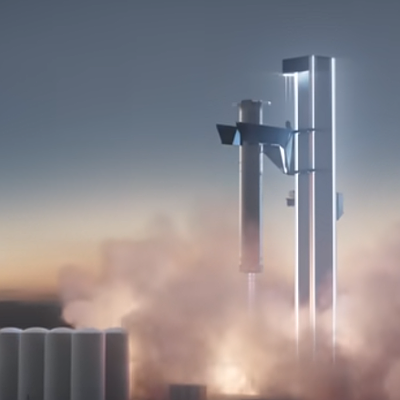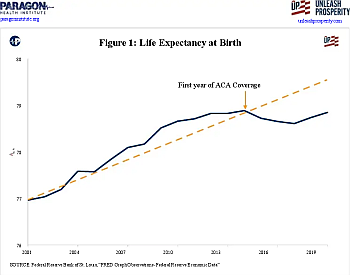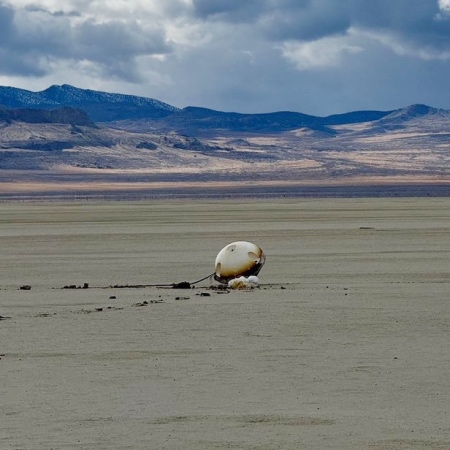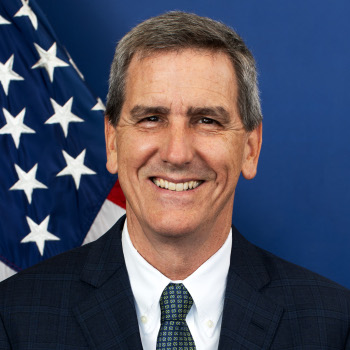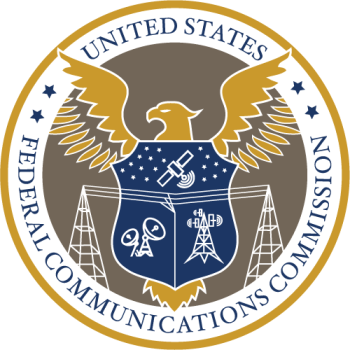Musk says SpaceX will sue California Coastal Commission
In a tweet on X on October 12, 2024, Elon Musk said that SpaceX will sue the California Coastal Commission for violating his first amendment rights as soon the court opens tomorrow.
“Filing suit against them on Monday for violating the First Amendment,” he wrote, adding: “Tuesday, since court is closed on Monday.”
At least two commissioners had made it very clear in public statements at a hearing last week that they were voting against a Space Force request that would increase the number of launches at Vandenberg because they opposed Elon Musk’s political positions, not because the request would do any harm to the coast. The commission then rejected the request 6-4, with others claiming that SpaceX should have made the request directly rather than have the Space Force do it.
The vote remains non-binding, as the Space Force has the legal power to do whatever it wants at Vandenberg, and only works with the commission as a courtesy.
In a tweet on X on October 12, 2024, Elon Musk said that SpaceX will sue the California Coastal Commission for violating his first amendment rights as soon the court opens tomorrow.
“Filing suit against them on Monday for violating the First Amendment,” he wrote, adding: “Tuesday, since court is closed on Monday.”
At least two commissioners had made it very clear in public statements at a hearing last week that they were voting against a Space Force request that would increase the number of launches at Vandenberg because they opposed Elon Musk’s political positions, not because the request would do any harm to the coast. The commission then rejected the request 6-4, with others claiming that SpaceX should have made the request directly rather than have the Space Force do it.
The vote remains non-binding, as the Space Force has the legal power to do whatever it wants at Vandenberg, and only works with the commission as a courtesy.

